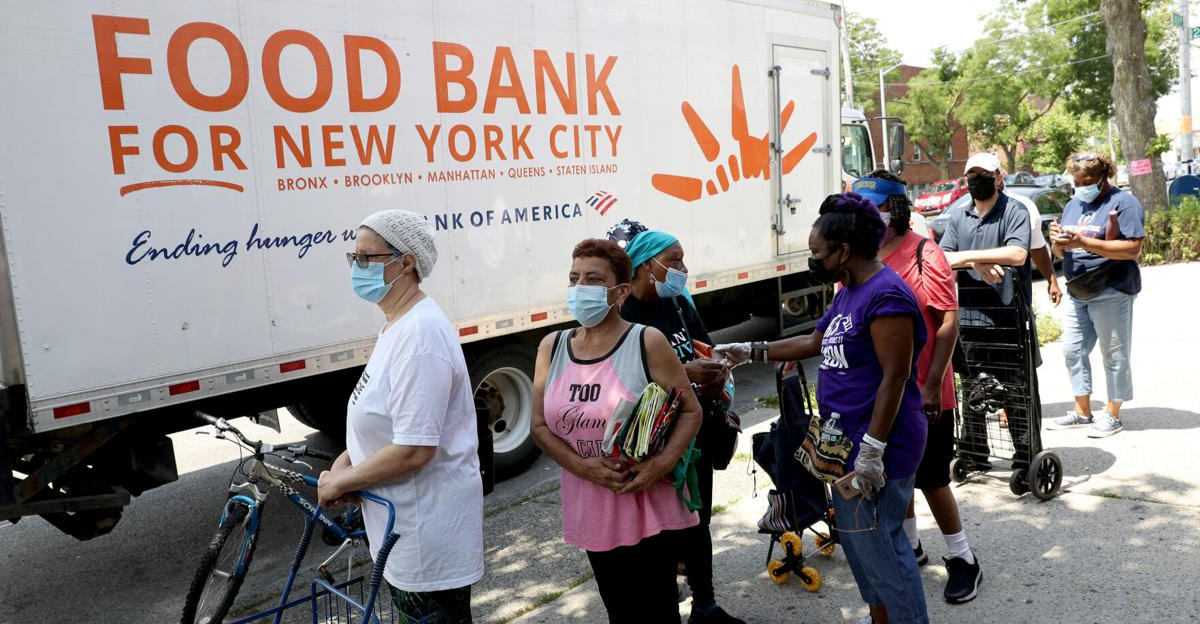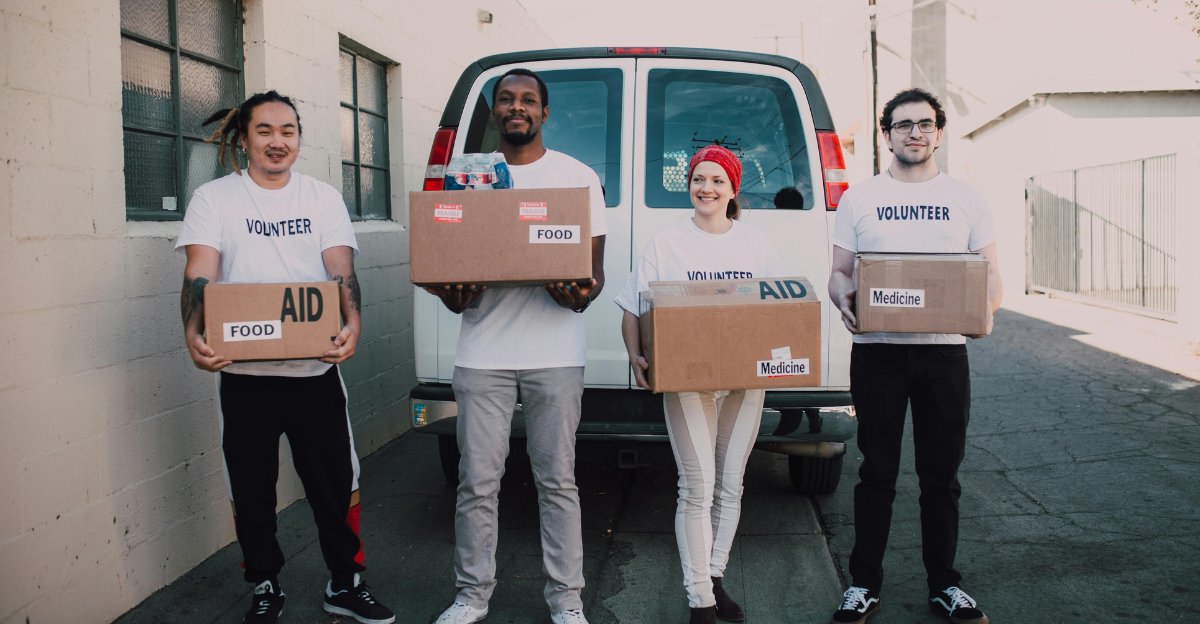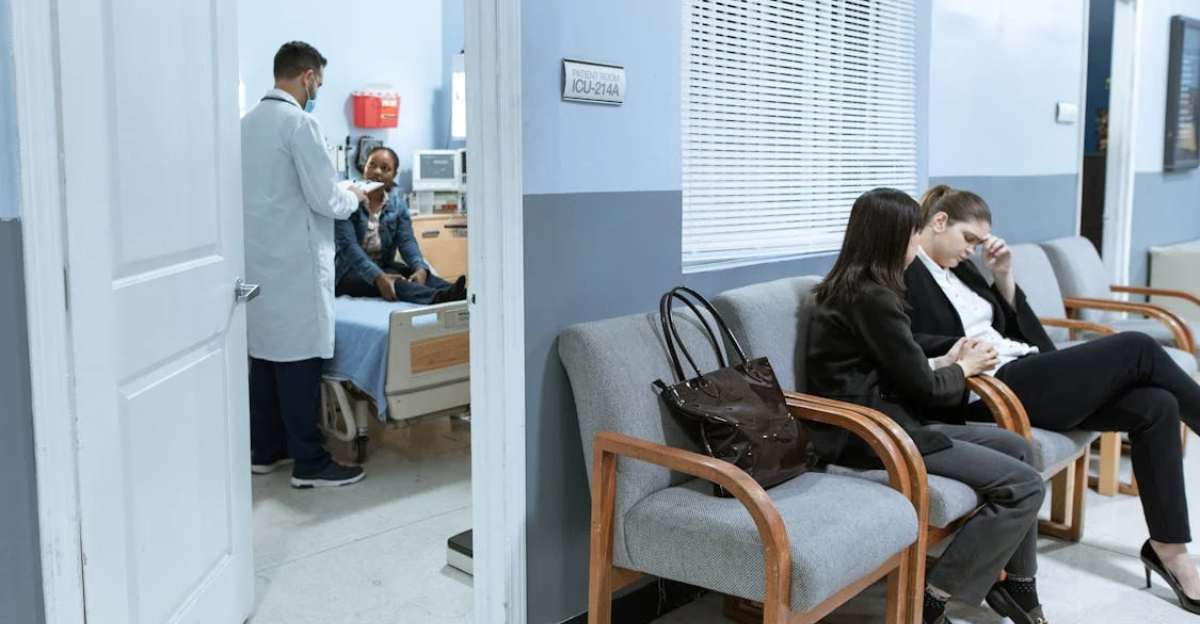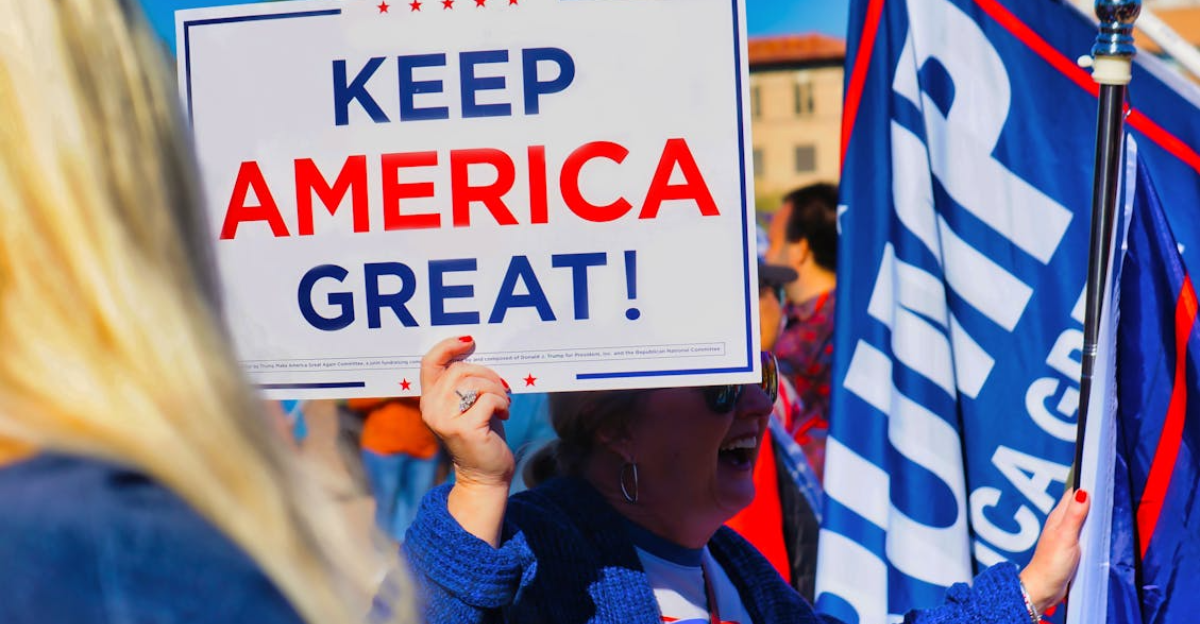
Something is shifting, subtly but unmistakably. You might miss it if you aren’t looking for it. But behind the surface of everyday life in America, a wave is rising that is changing lives, changing futures, and making it harder for many people to survive. Families who were just getting by are slipping through the cracks. A mother cancels her child’s appointment. A man counts pennies at the checkout. Something has changed, but most still don’t know what hit them. All they know is that the safety net they once relied on is not there anymore, and it all started with a single bill that is rewriting the rules on who gets help and who doesn’t.
The Pressure Builds

Across the country, the pressure will slowly rise. Food banks warn of the hunger crisis that is likely to result and say they are not equipped to handle it. Healthcare workers caution that missed appointments may increase, and they may have to turn certain groups of patients away. Rural hospitals, like those in Nebraska, say it may be difficult to keep their doors open due to the financial strain that would occur. It hasn’t fully happened yet, but those on the front lines know that something is coming and they are sounding the alarm. The support systems that used to keep millions of people afloat are starting to bend and may eventually break.
Trump’s New Welfare Reform Bill

In early July, President Donald Trump signed a new bill called “The Big Beautiful Bill.” Under the guise of reform, it promises tax breaks for the wealthy and large corporations, but causes major changes to Medicaid and SNAP (Supplemental Nutrition Assistance Program). These major changes include stricter rules and eligibility requirements. Those in support of the bill say it is fiscal discipline, but for others who depend on these programs, they no longer have a safety net to fall back on.
What’s In the Bill?

While most headlines focus on the tax breaks, the bill has a deeper impact on Medicaid and SNAP. Able-bodied adults without dependents must meet specific work requirements, like working or participating in job training or community service for at least 80 hours per month, and failure to meet the requirements can result in suspension or loss of Medicaid coverage. For SNAP, the age group required to meet work standards has been expanded from 18-49 to 18-64 years, and you must work for at least 20 hours per week. Benefits are cut off if one fails to meet the requirements for 3 months in a 3-year period. These changes just don’t encourage work, but they create more opportunities for people to fall through the cracks.
Who Is Most Affected?

Those hit the hardest are those who are already walking a financial tightrope. Low-income adults without dependents and people with irregular schedules, gig jobs, or seasonal work will lose benefits if they’re unable to work the minimum number of hours or prove enough hours worked consistently. The bill also gives states more enforcement power so they may choose to be stricter with eligibility criteria; hence, adults who find themselves in these states are affected. People who are unable to submit paperwork correctly on time because of a missed deadline, unstable housing, or lack of internet access may be cut off.
A System Already in Motion

The bill is now law, and the system that helps people in need is starting to change. States are revising the eligibility criteria for their Medicaid and SNAP programs. Digital tools to track benefits are being reprogrammed, and case workers who will have to enforce the new rules are being prepared to undergo training sessions. These changes are happening in the offices and systems, and most people won’t notice it until it impacts them directly. However, every change to the code or reduction in grace time has an impact on a human life.
Critics Sound the Alarm

Public health, policy, and social welfare experts are beginning to sound the alarm. They argue that reducing access to Medicaid will worsen health outcomes and increase emergency room visits. There will be a strain on food security, especially for older adults and part-time workers. They warn that millions could lose coverage or food aid, not because they are unwilling to work, but because they can’t meet the strict requirements. They say the bill targets vulnerable groups, and it is not just flawed; it is punitive.
Supporters Say It Is About Accountability

To those who support the bill, this is not punishment; it is fairness. They argue that people should not receive aid without working or contributing. They are simply asking able-bodied adults to do their part. The bill is trying to get rid of long-term dependence on government aid and encourage independence among people. They go by “If you can work, you should”, and this is the view critics are against because to them, this ignores the realities of low-wage work and systemic barriers. The supporters finally say that taxpayers deserve a system that rewards work and not dependency.
What Happens Next?

States are facing growing pressure to implement the rules quickly, with some filing challenges and arguing the bill, while others have embraced it fully. It is expected that in one to two years, Medicaid work requirements will roll out, and in about three years, major SNAP changes will take effect. The longer-term impacts may take months to surface, but we should start to see the warning signs earlier. Community clinics anticipate more uninsured patients who have lost Medicaid but still need care, and food banks expect an increased demand that they may not be able to handle.
The Bigger Picture

The bill is more than just Medicaid and food stamps. It makes one think about how the nation defines care, how they would answer, “Who deserves help?”. Reform is necessary, but reform without empathy may be leaning towards punishment. As the effects unfold, the wealthy groups enjoy tax breaks and the poor struggle for basic survival, the country will need to decide if cutting costs is worth the cost of cutting people out.